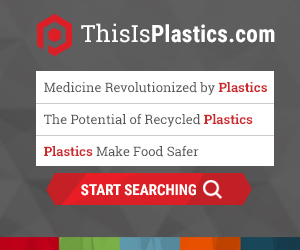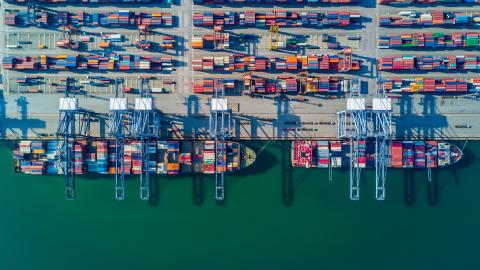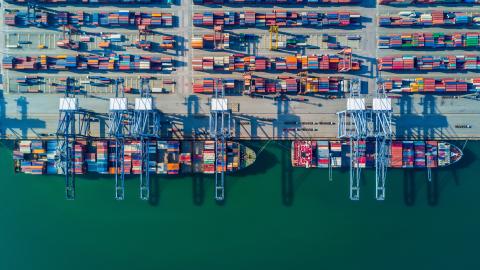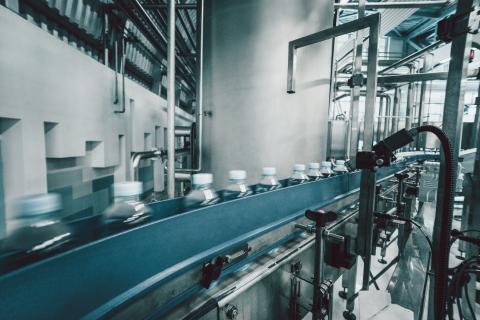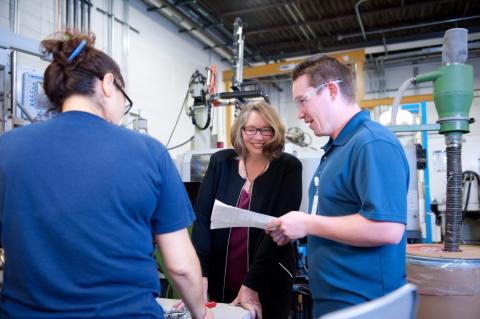Plastic Packaging and the Ability to Feed People
Thu May 19, 2016
 One of the simplest reasons packaging is poised to become a nearly $1 trillion industry in the next decade is because it contains, protects and preserves food and water. With as much food and water as we consume, the prevalence of food waste, and packaging’s role in eliminating it, was a prominent theme at this year’s Flexible Film & Bag Conference, which wrapped up in Houston, Texas last week.
One of the simplest reasons packaging is poised to become a nearly $1 trillion industry in the next decade is because it contains, protects and preserves food and water. With as much food and water as we consume, the prevalence of food waste, and packaging’s role in eliminating it, was a prominent theme at this year’s Flexible Film & Bag Conference, which wrapped up in Houston, Texas last week.
The plastic films and flexible plastic packaging that covers meat, poultry, cheese, vegetables and other edible goods prolong the life of the products they contain by shielding them from bacteria, heat, cold and moisture, among other things. Attendees representing the companies that manufacture some of these items discussed ways to make their products more efficient and effective in combating lost and wasted food, a global issue that’s reached critical levels in environmental, economic and humanitarian terms.
 Chopin at the 2016 Flexible Film & Bag Conference
Chopin at the 2016 Flexible Film & Bag Conference
“Food waste is an incredible problem,” said presenter Lamy Chopin of Dow Chemical. “If you consider the ripple effect of losing valuable food, the farmers that have invested in the land…any of that product that doesn’t get consumed has a significant greenhouse footprint.” The financial impact of food waste, according to Chopin, is up to $300 billion lost annually.
Environmentally, the impact of food waste is at least ten times larger than the environmental impact of packaging, and part of what makes that the case is plastic’s unique material and manufacturing properties. “One of the reasons why plastics are winning in the space of packaging in particular is they’re incredibly efficient,” Chopin noted. “They win out in terms of energy use and impact” when compared to other packaging materials, he added.
The epidemic of food waste and the ramifications it has for society are a huge priority for agencies, NGOs and governments around the globe. Plastic materials, particularly plastic films, will have an important role to play in combating these issues, and doing so as sustainably and efficiently as possible.
